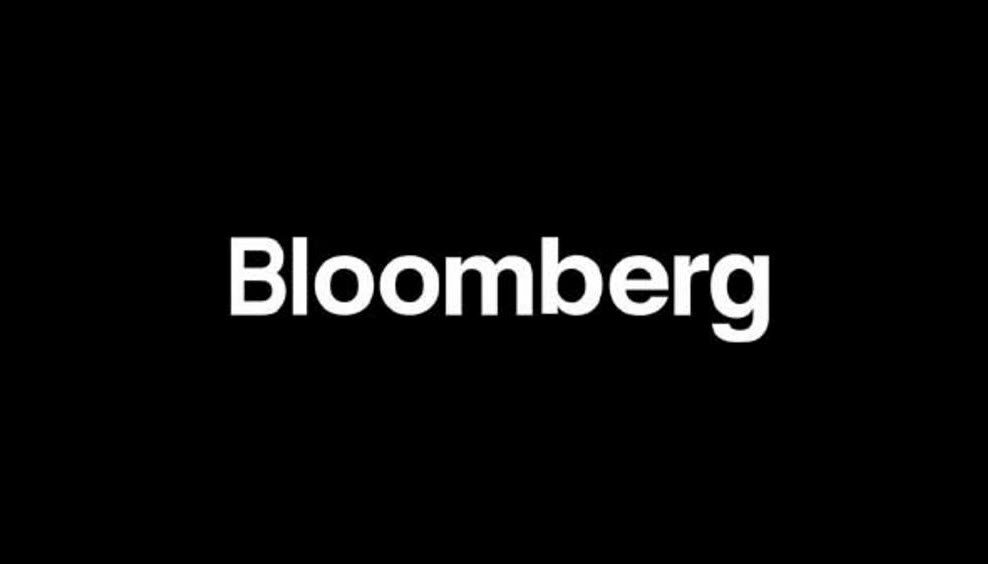© 2024 CSRXP- All Rights Reserved

Bloomberg: Drug Politics Go Republican as Rubio Criticizes Industry
Oct 20, 2015
Bloomberg Politics
Drug Politics Go Republican as Rubio Criticizes Industry
By Drew Armstrong and Sahil Kapur
October 19, 2015
View Online
Republican presidential candidate Marco Rubio joined the debate over U.S. drug prices, saying in a speech last week that some practices by the industry amounted to “pure profiteering.”
Criticism of the drug industry has largely been the domain of Democratic candidates Hillary Clinton and Bernie Sanders, who have repeatedly called for new regulations to control the high cost of medicine. Rubio’s comments turn criticism of the industry bipartisan.
“These companies decide, ‘We can get away with charging it, and so we do,”’ Rubio said at a campaign event in Portsmouth, New Hampshire on Oct. 14. He was referring to companies that raise the price of drugs to make up for falling demand.
“These companies decide, ‘We can get away with charging it, and so we do,” Senator Marco Rubio said.
“It’s a new issue that’s emerged over the last few years but it’s a significant one, because it threatens to bankrupt our system,” Rubio said after being asked about drug prices by an audience member. “It’s a complex issue but it’s one we have to confront.”
Price increases are common in the industry, Bloomberg reported earlier this month. Pfizer Inc., the nation’s biggest drugmaker, has raised prices on 133 of its brand-name products in the U.S. this year, according to research from UBS, more than three-quarters of which added up to hikes of 10 percent or more. It’s not alone. Rival Merck & Co. raised the price of 38 drugs, about a quarter of which resulted in increases of 10 percent or more. Pfizer sells more than 600 drugs globally while Merck has more than 200 worldwide, including almost 100 in the U.S.
Pfizer has said that it has programs to help patients afford drugs, and that a variety of factors affect drug pricing. Merck declined to comment at the time.
Rubio spokesman Alex Conant qualified the senator’s comments in an e-mail to Bloomberg. “Marco was obviously talking about specific companies who are gouging consumers,” he said. “America’s pharmaceutical industry saves countless lives but it’s no secret that there are some bad actors who put profits ahead of patients.”
Pay for Value
Rubio said one way of controlling prices would be to link the cost of a drug to how well it performs. “There are some drugs out there that are really expensive and there’s another drug out there that’s less expensive, but the difference in performance is none,” he said. He called for market-based, competitive solutions to the issue.
He also noted that drugs are much less expensive in other countries. “What’s really frustrating is the exact same medicine just across the border is a quarter of the price. So you realize America is subsidizing health care for the world.”
In May 2012, Rubio voted against a proposal on the Senate floor to allow the importation of affordable drugs from Canada. It failed 43-54.
A video of Rubio’s remarks was posted by a Wall Street Journal reporter.
Drugmakers’ pricing practices became a campaign issue in earnest last month, when Clinton criticized the industry in a post on Twitter on Sept. 21 and sent biotechnology stocks into a slide. The Nasdaq Biotechnology Index is down 12 percent since Sept. 18, the last day of trading before Clinton’s tweet.
Clinton was calling out closely held Turing Pharmaceuticals AG for buying an older drug used by HIV patients and then raising the price more than 50-fold. Scrutiny has grown wider since then, and Valeant Pharmaceuticals International Inc. has taken criticism for raising the prices of old drugs. The company said Monday that it would cut down on some aggressive pricing practices.
